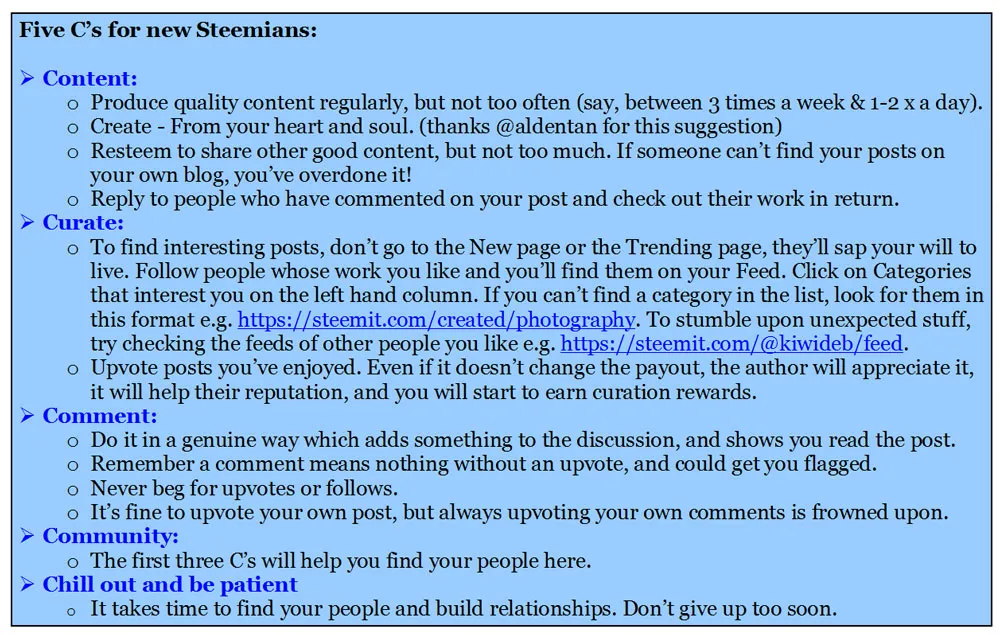Am I being naïve to think such a place exists? Maybe, but I like to think it’s possible.
Today I was listening to @pennsif’s alternative lifestyle radio show, and vegans were featured heavily. As I listened to a group of people whose diet is very different from my own, I was struck, not for the first time, by the thought that we are essentially coming from the same place.
There seems to be a fair bit of hostility on both sides of this argument, but how about we put that to one side and see where we agree?
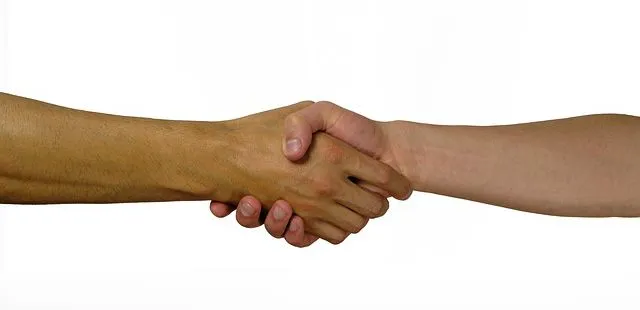
Commonalities
I’m not talking about people who just eat whatever is around and don’t really think about it. I’m talking here about people who have made a conscious decision to eat a certain way because they believe that is best.
For the most part, I see people coming from a place of wanting:
The best for their own and their family’s health
The best for the health of the planet and it’s inhabitants
I think we all agree on these principles:
• Eat real food
• Food made by nature is better than food created by machinery
• Organic is best
• Homegrown is fabulous
• Meals homemade from scratch will nourish you the most
• Don’t eat too much sugar
• Avoid junk food
• Avoid processed foods
• Avoid GMOs, artificial sweeteners, flavourings and other additives
That’s quite a lot of commonalities, isn’t it?
Differences
Ah yes, there are plenty of those and this is what we tend to see first. But let’s dig a little deeper and look at the differences a bit more closely. To me, they fall into three categories.
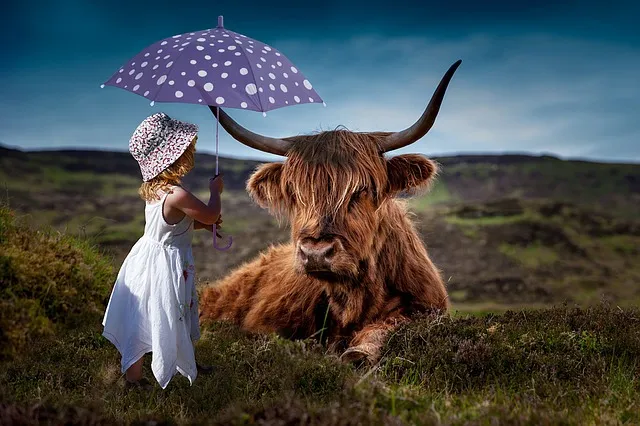
Animal welfare
Consciously Aware Vegan (CAV): Intensive farming is cruel to animals. So that we don’t take advantage of animals, we must avoid eating not just meat, but all animal products.
Consciously Aware Meat Eater (CAME): Intensive farming is cruel to animals. So I will make sure I only eat animal products from animals that have been raised in a natural environment. Usually this means pasture raised, and in an environment where they can express their natural behaviour.
See, we’re coming from the same place – avoidance of cruelty.
CAV: But it’s cruel to kill other beings for our own welfare.
CAME: Is it? We all die. That’s the natural cycle of life. Insects must be killed to produce vegetable crops. Small animals are killed when grains are harvested. Is it possible to produce any food without something dying?
CAV: Eating meat is wasteful.
CAME: Yes, it certainly can be. It’s wasteful when only certain parts of the animal are used. Our ancestors used the whole animal, out of respect for the life it gave – the organs, the hide, the bones.
CAV: Most meat eaters don’t have any respect for the animal who gave its life.
CAME: Yep, undoubtedly that’s true. We can’t force other meat eaters to change their attitudes. But giving thanks to the animal and making sure we don’t waste are ways we could all make eating animal products a more spiritual practice.
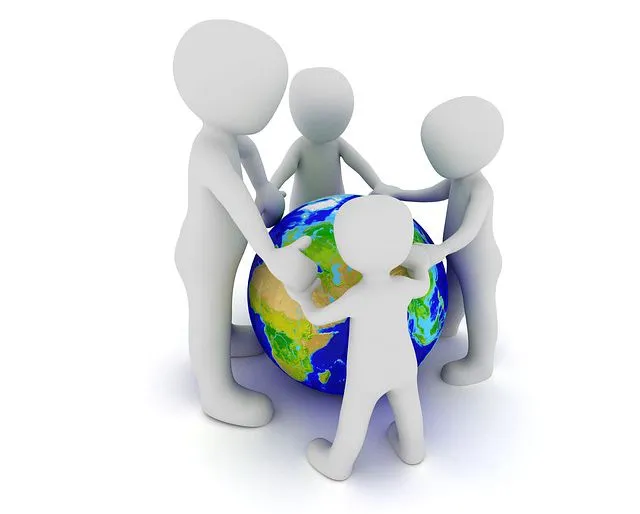
Planet welfare
CAV: There’s no doubt on this one though. Animals are bad for the environment. For example, instead of using land to grow grains to feed animals, who then feed humans, it would be much better for the humans to eat the grains.
CAME: True, growing grains to feed animals is bad farming practice. It’s much better for the animals to be grass fed. And remember that grass can grow in places where other crops can’t, or in places that some animals can access but that would be hard to harvest.
Consider a mixed farming model:
• cows eat grass, and nothing special needs to be grown for them
• if they are milking cows, the milk can feed the humans, calves and other animals
• hens could eat the grubs that come from the cow droppings
• eggs are a good source of protein
• cow manure can help the fruit and vegetables to grow
• surplus vegetables can be preserved for the winter, but can also be fed to the pigs
• pigs and chickens will both eat leftover foods and vegetables scraps
A family who farmed this way would be able to support themselves very well.
(A CAME who is an experienced farmer or homesteader would probably be able to go into more detail.)
Health benefits
CAV: A vegan diet is clearly the best. Meat and fat clog your arteries. I feel fabulous and am so much healthier, now that I’m vegan.
CAME: Excellent, I’m happy that you have found the right way to be healthy.
CAV: Everybody should be vegan. They would all be much healthier.
CAME: Well, actually, I feel much better when I eat animal products. Our ancestors developed eating mixed diets. They were Hunters AND Gatherers. I think everybody should eat Paleo.
CAV: But I feel better not eating animal products.
CAME: OK, then. How about you eat the way that works for you and I eat the way that works for me?
I’m sure you easily see my bias in these theoretical discussions. But is there any need for ill will between us? Could we have these kinds of conversation, each choose a different path, and still be friends? Even if we think the other is wrong, can we respect their right to make their own decision?
Thanks for reading
Images by myself, @sift666 or from Pixabay, unless otherwise stated.
Follow me for more health, nutrition, food, lifestyle and recipe posts.
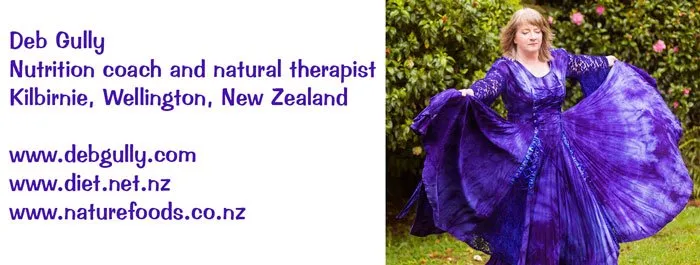
See my last post of 2017 for a full archive of 2016 & 2017 posts, by category
If you’re from New Zealand (Aotearoa) and are looking for other kiwis, use #teamnz as one of your tags // check out other posts with #kiwi or #teamnz tags // follow @teamnz // or join the South Pacific channel on Discord. There is an old list of kiwis on this post.
Contact me in SteemitChat to ask about one on one nutritional coaching or EFT (Emotional Freedom Technique) sessions by Skype. (Then put a comment on my most recent post, so I know to find you.) Steem, other altcoins or Paypal accepted.
